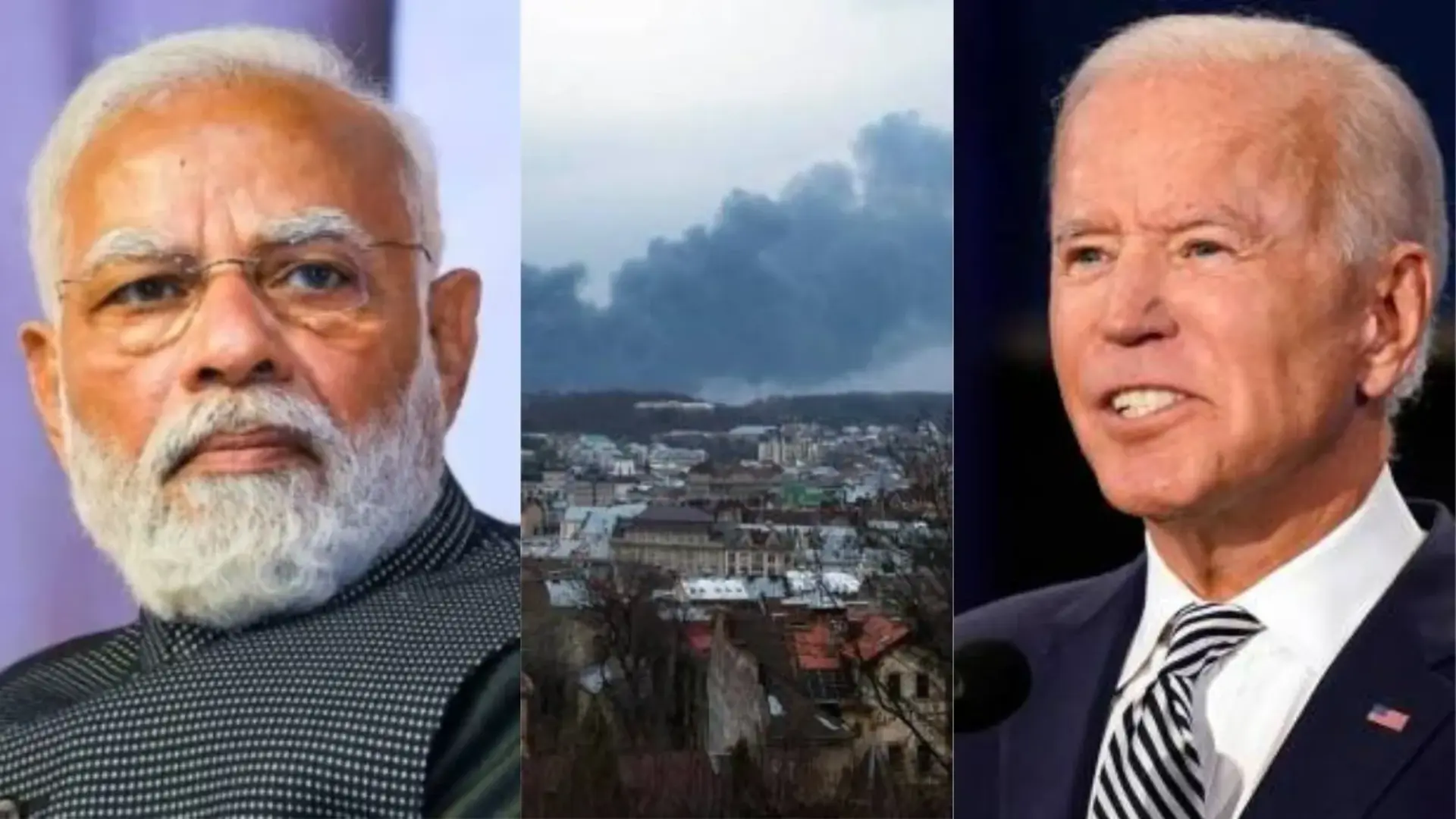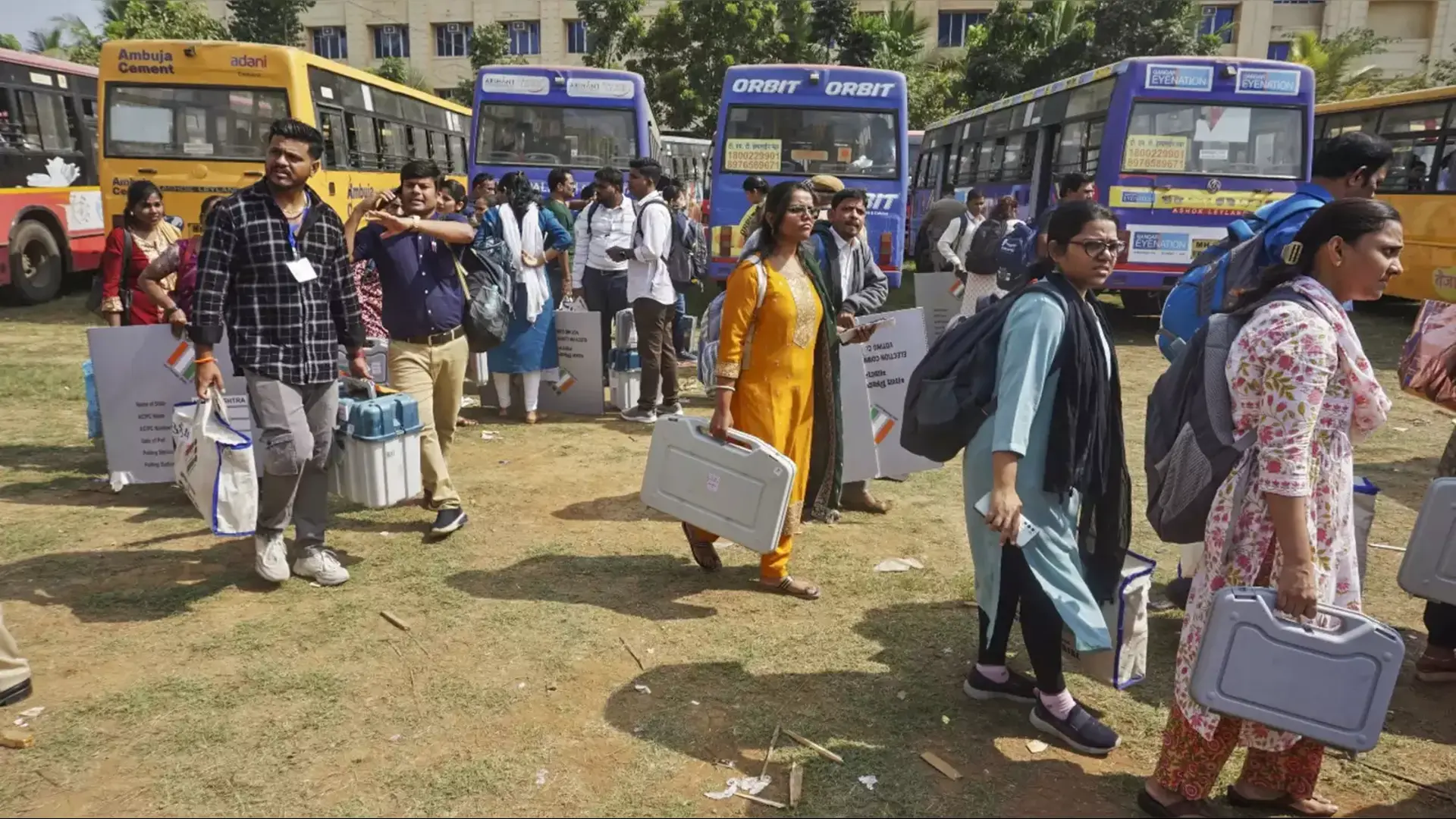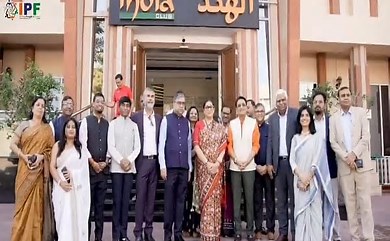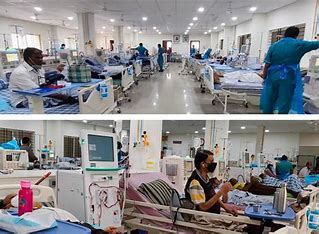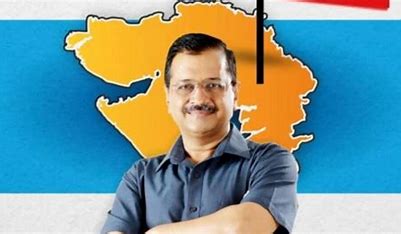
In what shows India’s focus on diplomatic exercise aimed at ensuring greater cooperation and collaboration among the BIMSTEC (Bay of Bengal Initiative for Multi-Sectoral Technical and Economic Cooperation) countries in view of the growing challenges resulting from global instability, Prime Minister Narendra Modi at the 5th BIMSTEC Summit on Wednesday, assertively said that “the region is facing challenges of health and economic security, due to which the need of the hour is unity and cooperation”.
PM Modi also signed the group charter on the occasion. He announced that India would provide $1 million to the BIMSTEC secretariat to increase its operational budget. “It is important to strengthen the capacity of secretariat…I suggest the secretary-general create a roadmap for the same,” he said.
“With our region facing challenges of health and economic security, the need of the hour is unity and cooperation,” PM Modi said in a virtual address. He added that the developments in Europe over the last few weeks have raised a question mark on the stability of the international order.
BIMSTEC is a regional grouping comprising India, Sri Lanka, Bangladesh, Myanmar, Thailand, Nepal and Bhutan. The 5th BIMSTEC Summit was hosted by Sri Lanka, which is the seven-country grouping’s current chair. The PM addressed the seven-nation BIMSTEC summit virtually.
With the SAARC now almost inactive, India is trying to reach out to the neighbouring countries in the region through forums like BIMSTEC. PM Modi’s address bore testimony to this strategy that India is now pursuing. “He said it all by underlining the need for greater cooperation among the members of this group,” said a diplomat.
“It is time to make the Bay of Bengal the bridge of connectivity, prosperity and security,” said the PM, calling upon BIMSTEC nations to dedicate themselves to working with new enthusiasm to achieve the goals that were realised in 1997. “The results of this landmark summit will write a golden chapter in BIMSTEC’s history,” he said.
Meanwhile, the Ministry of External Affairs (MEA) on Wednesday said the member countries approved a complete reorganisation of the grouping’s cooperation activities. They will now take place in seven pillars and India will lead the security pillar of the grouping, the Ministry said. The ministry hailed the “incremental progress” achieved during the summit. Another major outcome of the BIMSTEC summit was the adoption of a master plan for transport communication, the MEA said.
The Ministry of External Affairs had recently said, “The Covid-pandemic-related challenges and the uncertainties within the international system that all BIMSTEC members are facing impart greater urgency to the goal of taking BIMSTEC technical and economic cooperation to the next level. This is expected to be the main subject of deliberations by leaders at the summit.” The leaders are also expected to discuss the establishment of basic institutional structures and mechanisms of the group, the ministry said.
BIMSTEC’S CHARTER
A charter was adopted by the regional group to expand its overall cooperation. The BIMSTEC firmed up a master plan for transport connectivity at a virtual summit attended by Prime Minister Narendra Modi and other leaders of the bloc. Shortly after the Summit, the Ministry of External Affairs (MEA) said the adoption of the charter has given the BIMSTEC an “international personality” and it reflected a significant evolution of this grouping. Rudrenda Tandon, the Additional Secretary in the MEA looking after the BIMSTEC division, said PM Modi announced USD 1 million as an ad-hoc grant for the operational budget of the grouping’s secretariat.
He said the summit, hosted by Sri Lanka, also finalised three documents providing for the expansion of cooperation. Tandon said the leaders of the BIMSTEC member countries also approved a complete reorganisation of the grouping’s cooperation activities. Henceforth, the BIMSTEC cooperation activities will take place in seven pillars and each of the member countries will lead one pillar, Tandon said. He said India will lead the security pillar of the BIMSTEC.
From our perspective the signing of the charter is the most important outcome, Tandon said, adding the Summit made “incremental progress” in further expansion of cooperation among the member states.
In his address, PM Modi proposed that the pace of cooperation be accelerated and the grouping should not rest after the adoption of the charter.
Tandon said the Prime Minister also spoke about the need to move forward in areas of connectivity, marine cooperation, security and economic integration.


